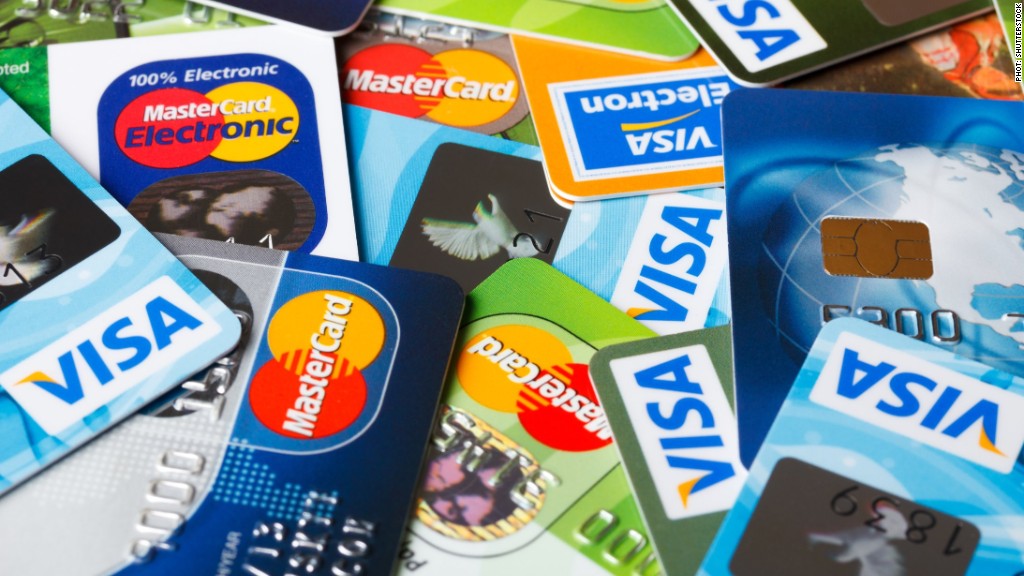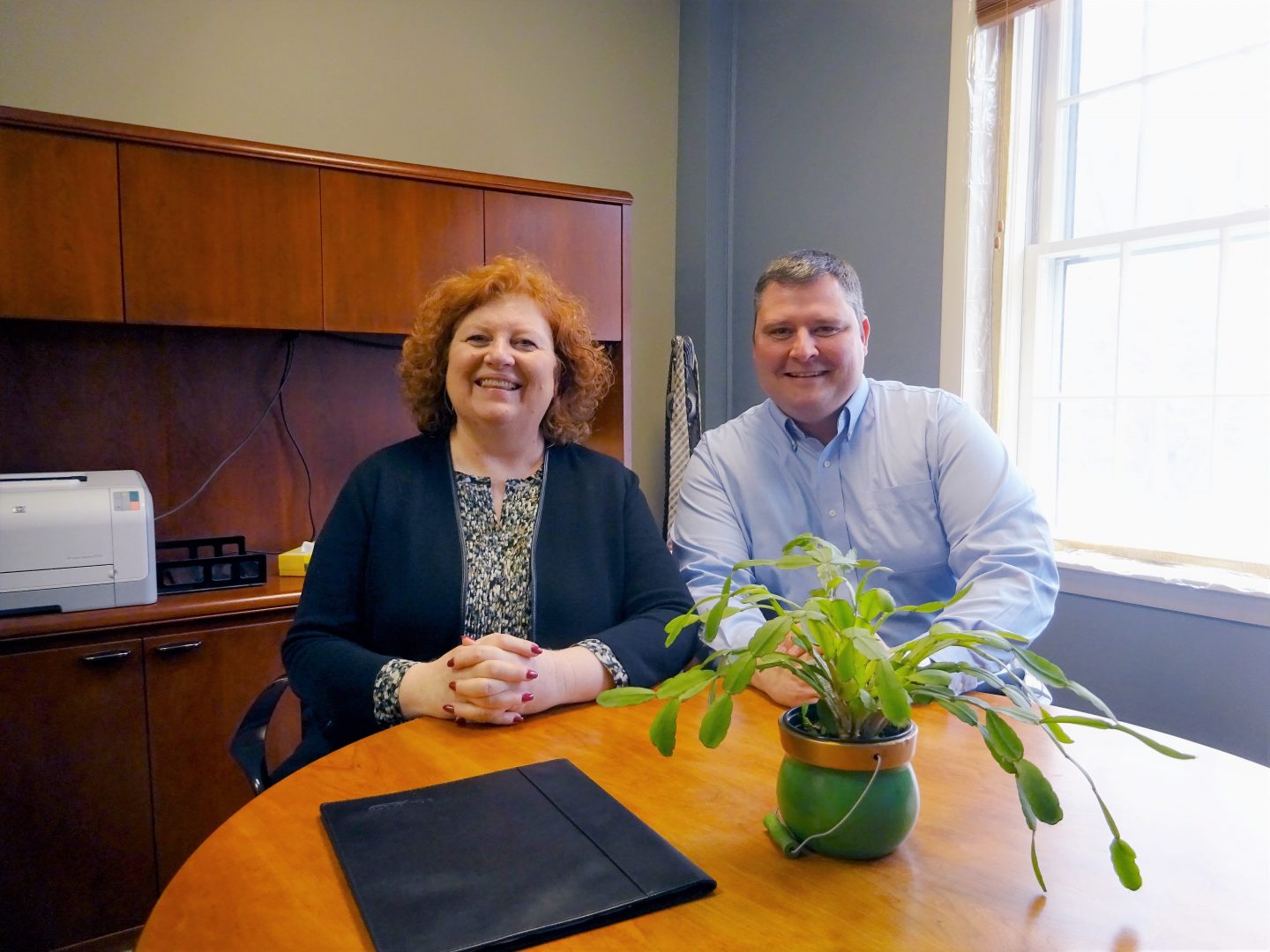Credit cards can either be a beneficial tool or a hindrance for users, it all depends on the financial choices that people make . The idea of “free money” and rewards benefits may seem like a win-win situation but there is more to consider when determining the right credit card to apply for.
Sometimes credit cards can be useful and other times they can cause more harm than good, (redundant). To eliminate common credit card mistakes, consider the following dos and don’ts of credit cards.
DO pay the credit card bill in full every month. Paying only the minimum on credit card payments will significantly increase how long it will take to pay off the credit card and how much money users are actually spending. Interest accrues daily so if the full balance is not paid off the remaining will continue to accumulate interest and eventually make users pay thousands more than the original full payment. For example, if users have a $5,000 balance with a 14 APR and they pay only the minimum each month, without accruing any more debt, it will take 18 years to pay off the debt and cost an extra $5,000 just in interest.
DON’T pay the bill late. Making late payments is better than not making a payment at all but, there are lasting implications to being late on payments. Not only will there be a late charge, but the late payment will be reflected on the user’s credit report and negatively impact their FICO score.
DO check monthly statements for errors. Checking the statement help prevent late payments and it will also help users prevent identity theft or error on behalf of the credit card company. There is typically a 60-day limit in which people can file a dispute but, after that time, the charge is considered accepted and the user will be held accountable for paying that charge.
DON’T exceed the credit limit. Checking the credit card statement will also help prevent exceeding the credit card’s credit limit. Exceeding the limit can include a fee that a user must then pay which is an additional amount the user will be held accountable. Learning self-discipline about how much to spend is essential with credit cards. Use cash instead of credit cards when the limit is close or only buy necessities on the card if the limit is approaching.
DO only buy things that are needed. When reviewing the credit card statement look over what the most money was spent on. Was it important? It is a good idea, when making a big purchase, to wait two days before purchasing. After the two days, if the user still wants the item then they can make the purchase. People tend to make impulsive decisions when buying with a credit card rather than with cash because it feels less real when the payment is with plastic. To eliminate spending on unnecessary items, give the decision time and consider if the item is needed.
DON’T forget to read the fine print. Whenever signing a contract whether it is for a credit card, auto loan or mortgage, always read the fine print. The fine print is where the company will hide fees, when rates will expire and any limitations. While the credit card may have a low interest rate, the company will make up for that by charging higher balance transfer fees and other fees that the user may not realize. There may even be a hidden clause that the company can reposes other property bought with the credit card if there is ever a late payment. Never sign a contract before reading the fine print to eliminate any surprises that may arise later.
If students follow these dos and don’ts of credit cards, they will be setting themselves up for financial success. Understanding how to responsibly maintain credit is the first step to eliminating bad debt. To learn more about credit cards, visit www.creditcards.com to get more information.




